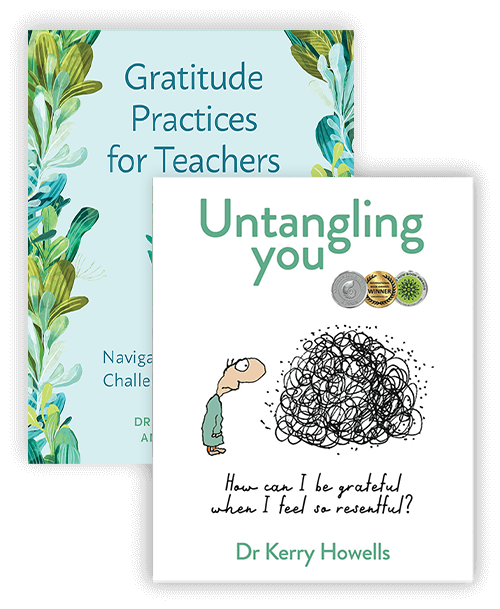 How can you express sincere gratitude when a gift you are given is something you don’t like, if you feel it hasn’t been chosen with you in mind, or might even have been re-gifted? This situation can be hurtful, perhaps even causing damage to the relationship between you and the giver. However, gift-giving at Christmas time is a symbol of something much greater than the gift itself. It is a symbol of the relationship we have with the other person.
How can you express sincere gratitude when a gift you are given is something you don’t like, if you feel it hasn’t been chosen with you in mind, or might even have been re-gifted? This situation can be hurtful, perhaps even causing damage to the relationship between you and the giver. However, gift-giving at Christmas time is a symbol of something much greater than the gift itself. It is a symbol of the relationship we have with the other person.
Of course, we could overcome the complexities of gift-giving by approaching Christmas without any expectations, or make it more low-key by taking presents out of the equation. But for most of us that seems impossible to achieve, particularly if children are involved.
As gratitude is all about giving and receiving, Christmas is the perfect time for us to consider its deeper meaning and to expand our ability to both give and receive gratitude.
In a recent ABC interview on ‘How can you help kids (or your inner child) express gratitude at Christmas time?’ I was asked why should we even try to practise gratitude, especially when it’s so hard to get it right? A short answer is that relationships can’t flourish without it. We can experience this most keenly at Christmas time if we don’t feel appreciated, or if we feel there’s been little thought put into choosing the gifts we receive.
To give and receive gratitude in an authentic and sincere way is an art form that is difficult to perfect, even at the best of times. I personally see it as a work in progress that gets particularly challenged at Christmas time.
Let’s start with the giving of gifts. If we are giving out of a sense of obligation or we have very little connection with the other person – maybe we don’t even like them much – then it would be difficult to wrap the gift in gratitude. Even if we feel that we have chosen the perfect gift, it’s not the gift itself that carries the power, but the intention behind it.
One of the most courageous acts of goodwill we can practise leading up to Christmas is to choose to look beyond past grievances and to focus on something we can be grateful for in our relationship with that person. If we can’t be grateful for anything about them, then can we be grateful for the way they have helped us grow and change? It might help to think about this as we are choosing the gift, wrapping it and giving it to them.
Some ABC listeners reported feeling hurt about receiving gifts that they felt the giver chose because they would have liked to receive themselves. In order to give in a genuine way, it’s important to put ourselves in the shoes of the receiver and think about the gift from their perspective. This is also true of any act of gratitude. We need to come to know the other first before we can express gratitude in ways that they would like to receive it.
Then there is the receiving of gifts. As my research has revealed, it’s often much easier for people to express gratitude than to receive it from another person. It can feel awkward when we aren’t sure how our response to a gift will be interpreted. The look on our face, and our gratitude for the effort that someone has gone to, play an important part in how we show value for the relationship. Christmas is a time when we can consciously practise the art of receiving.
But what about gratitude for gifts we don’t like? It can help to once again put ourselves in the other’s shoes, and value the efforts they have made to try to get it right. If we feel hurt about what we feel are inconsiderate gifts, we might remind ourselves that the gift is not the be all and end all of the relationship. This might help us to be more sincere in our gratitude.
How can we possibly teach all of this to our children? With all the hype, pressure and expectations at Christmas, I personally feel that this is probably a difficult time to expect them to be grateful. However, as my work in schools has shown, children are more likely to express gratitude when they see adults doing so. The best way to help our children be grateful at Christmas time is through our own attitudes to gift-giving and receiving – or for that matter to material things in general – and by modelling appropriate behaviour to them. It is also helpful to remember that research shows that, generally speaking, before the age of ten children don’t have the same capacity as adults to fully practise gratitude.
So, let’s all be gentle with each other at Christmas and recognise that gift-giving can be fraught with imperfections and complexities. It’s hard to get it right. We can be grateful for the opportunity to expand our abilities to express ‘deep’ gratitude in sincere and authentic ways, and to make Christmas more about coming together, by looking beyond the gift to what we value in each other.
Kerry






